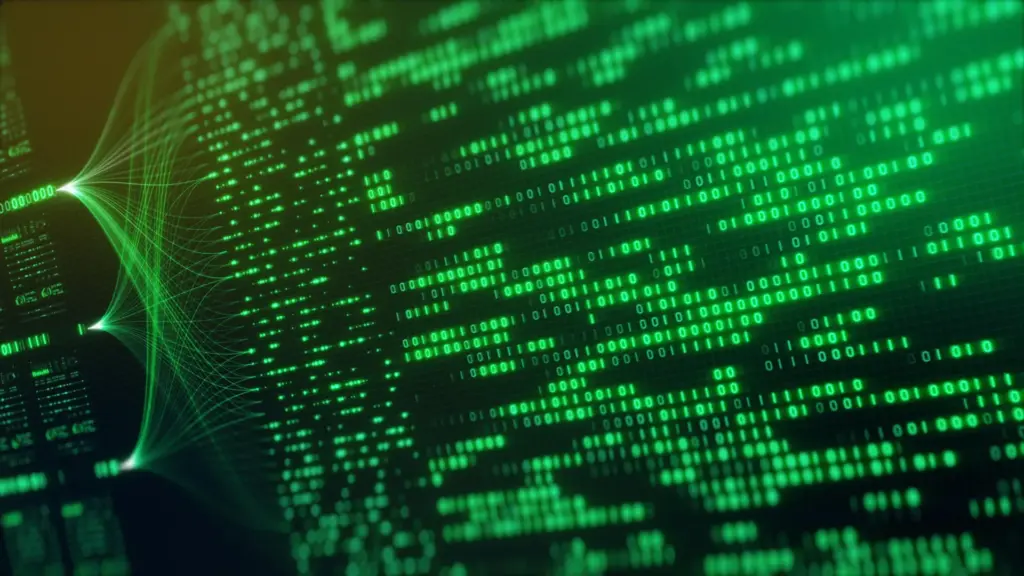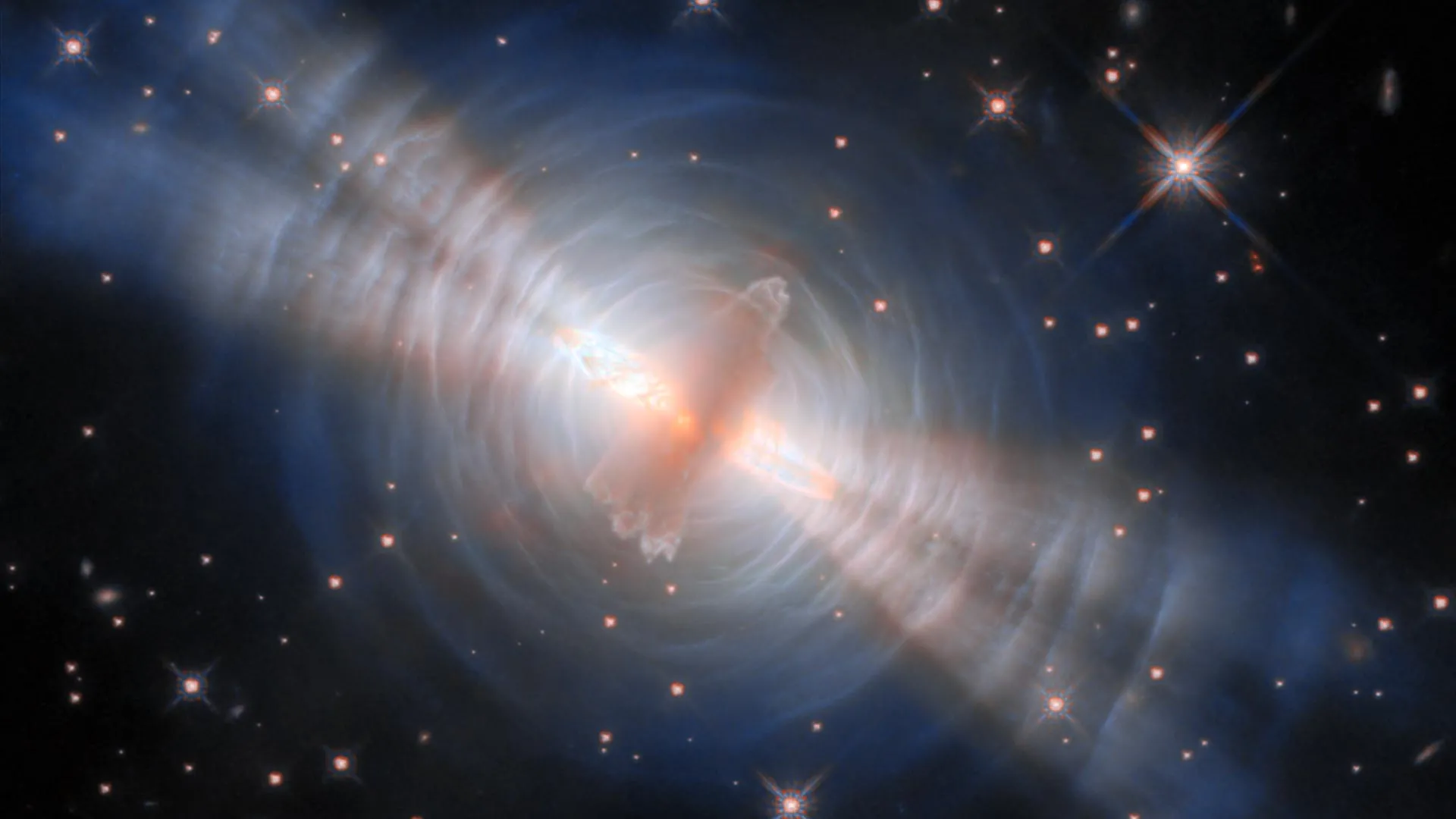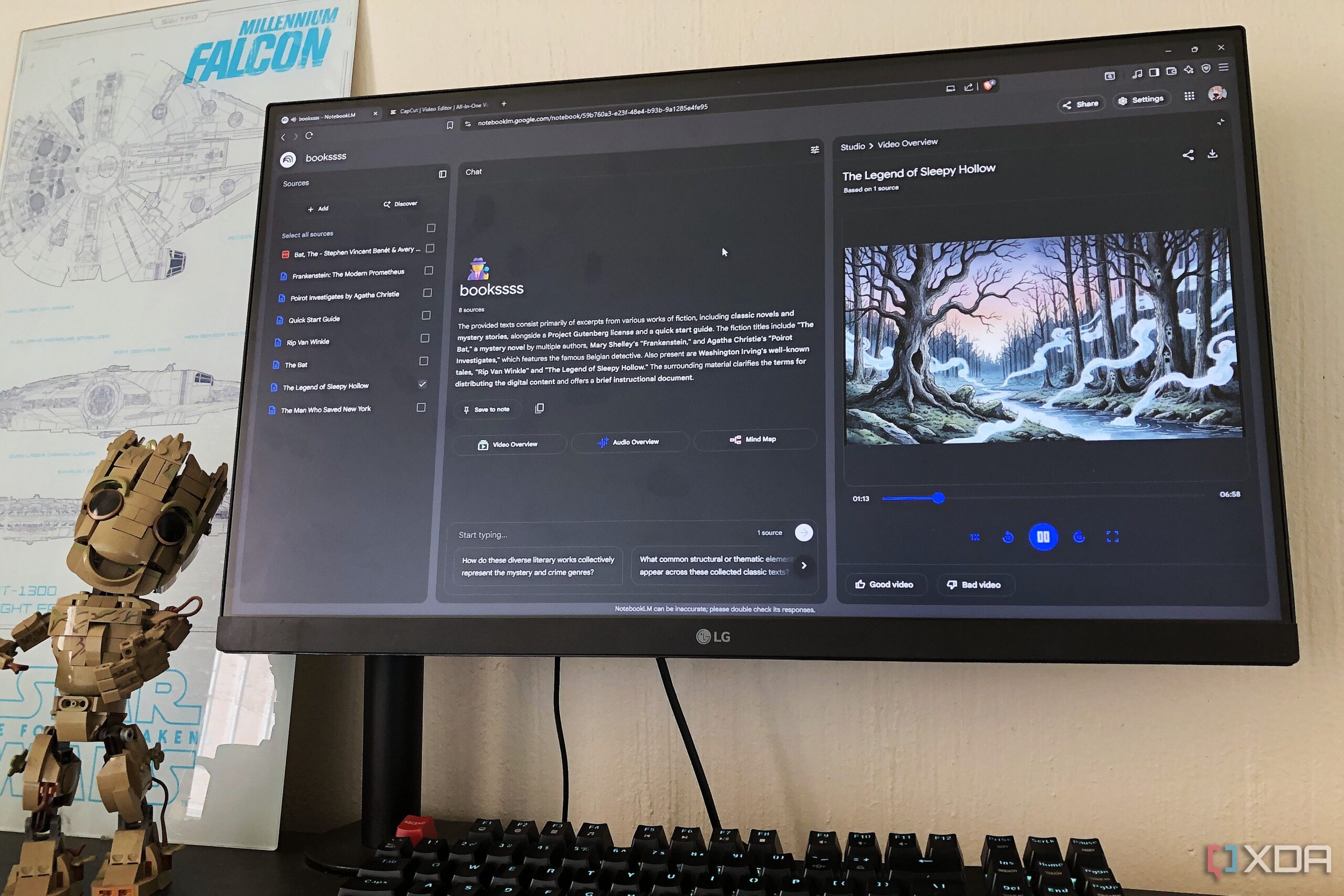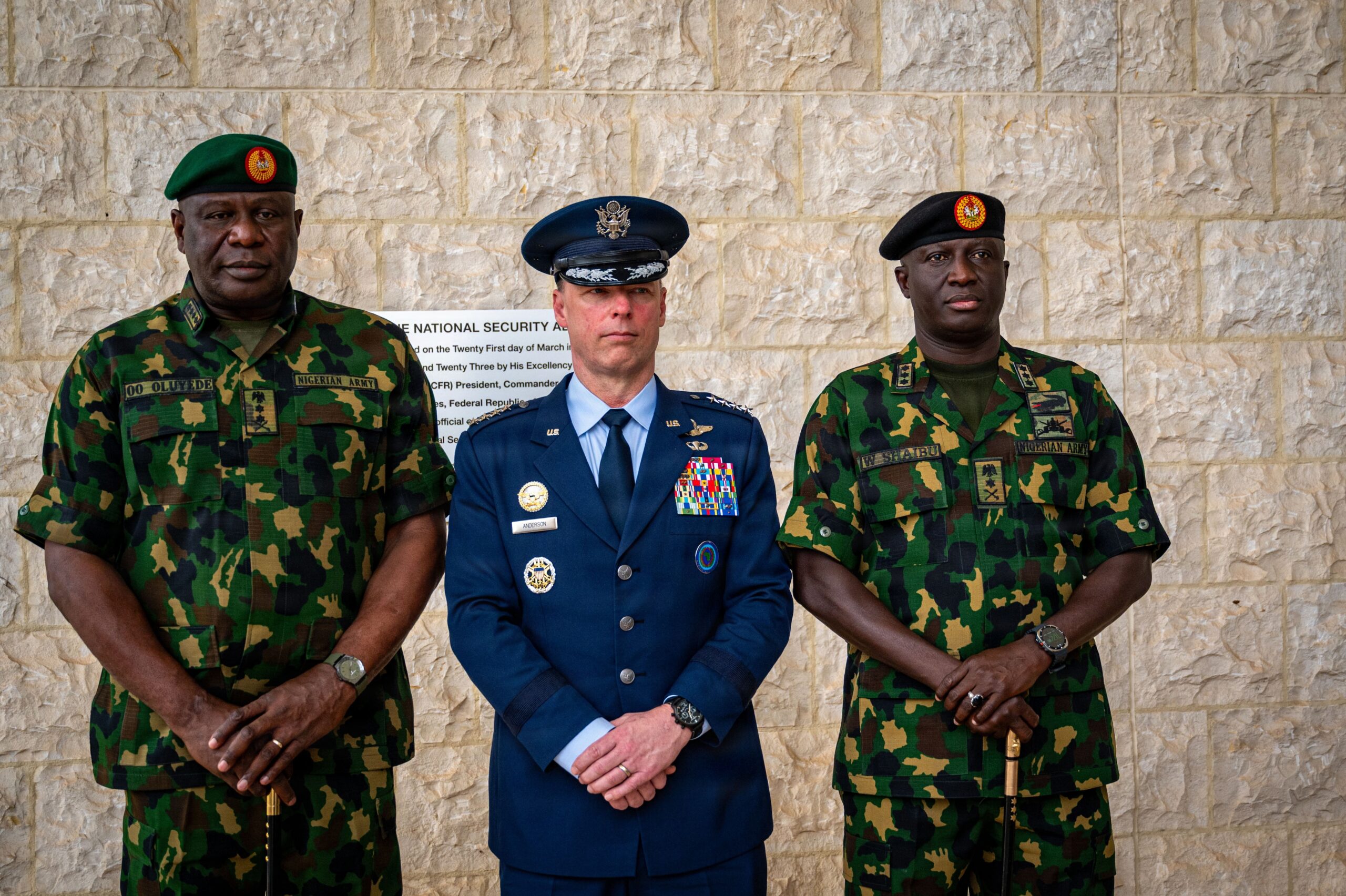
A groundbreaking study conducted at the University of British Columbia Okanagan has mathematically demonstrated that the universe cannot be a simulation. Researchers, led by Dr. Mir Faizal, utilized Gödel’s incompleteness theorem to argue that reality requires a form of understanding that cannot be replicated by any computational system. This finding directly challenges the long-held simulation hypothesis, suggesting that the very foundations of the universe exist beyond algorithmic constraints.
New Insights Challenge Long-Standing Theories
The idea that our reality might be a sophisticated computer simulation has intrigued both scientists and philosophers. Yet, the latest research, published in the Journal of Holography Applications in Physics, asserts that not only is this hypothesis improbable, but it is also fundamentally impossible. Dr. Faizal, along with colleagues Dr. Lawrence M. Krauss, Dr. Arshid Shabir, and Dr. Francesco Marino, has shown that the intrinsic nature of reality operates outside the realm of computer-based replication.
“It has been suggested that the universe could be simulated. If such a simulation were possible, it could give rise to life capable of creating its own simulations. This recursive notion made it seem likely that our universe is a simulation nested within another,” Dr. Faizal explained. “However, our research indicates that this idea can indeed be addressed scientifically.”
Understanding Reality Beyond Computation
The research pivots on the evolving comprehension of reality, which has progressed significantly from Isaac Newton’s classical mechanics to Albert Einstein’s theory of relativity, and now to the forefront of theoretical physics where quantum gravity suggests that even space and time are not fundamental. Instead, they emerge from a deeper layer of information.
Physicists refer to this foundational layer as a “Platonic realm,” a mathematical structure that is more fundamental than the physical world we perceive. The study highlights that even this information-centric framework cannot be fully encapsulated through computation. By employing advanced mathematical principles, the team demonstrated that any consistent and complete model of existence must incorporate what they term “non-algorithmic understanding.”
To illustrate this concept, Dr. Faizal pointed out the limitations of computational processes, which adhere to a defined set of instructions. Some truths, known as “Gödelian truths,” exist that cannot be reached through logical sequences. For instance, the statement, “This true statement is not provable,” exemplifies how computation alone falls short in encapsulating reality.
“We have shown that it is impossible to describe all aspects of physical reality using a computational theory of quantum gravity,” Dr. Faizal stated. “Thus, no complete and consistent theory of everything can be derived solely from computation. It requires a non-algorithmic understanding, which is more fundamental than computational laws and spacetime itself.”
The researchers conclude that the underlying rules of the Platonic realm, while reminiscent of those governing a computer simulation, cannot themselves be simulated. “Using mathematical theorems related to incompleteness and indefinability, we demonstrate that a fully consistent and complete description of reality cannot be achieved through computation alone,” Dr. Faizal elaborated.
Co-author Dr. Krauss emphasized the profound implications of this discovery, stating, “The fundamental laws of physics cannot be contained within space and time because they generate them. While it has long been hoped that a truly fundamental theory could eventually explain all physical phenomena through computational methods, we have demonstrated this is not feasible.”
Dr. Faizal succinctly summarized their findings: “Any simulation is inherently algorithmic, constrained by programmed rules. Given that the fundamental level of reality is based on non-algorithmic understanding, the universe cannot be, and could never be, a simulation.”
This new research not only discredits the simulation hypothesis but also solidifies its position within the realms of mathematical and physical theory, marking a significant milestone in the quest to understand the nature of reality.







